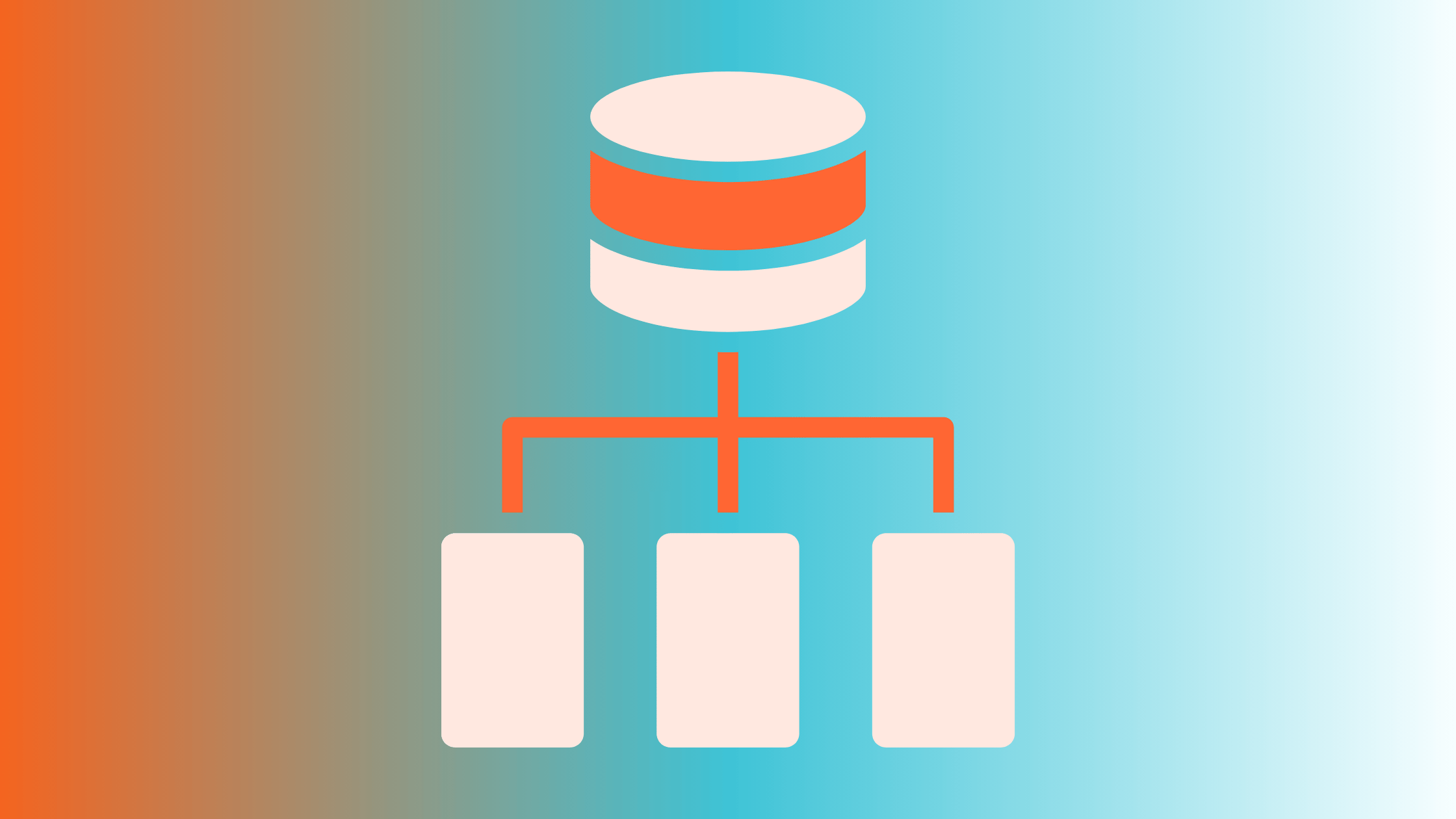Future Trends : The Evolving Role of Data Engineers in Shaping the World for a New Era
From Pipelines to Paradigms — Redefining the Future Through Data In the rapidly evolving digital landscape, data engineers are at the forefront of technological transformation. This article explores these emerging trends and their implications for data engineers.
.avif)
In the rapidly evolving digital landscape, data engineers are at the forefront of technological transformation. As we progress through 2025, several key trends are redefining their roles, necessitating a shift in skills and approaches to data management. This article explores these emerging trends and their implications for data engineers.
Data is no longer just a byproduct of digital systems—it is the currency of the modern economy. From personalized shopping experiences to predictive healthcare analytics and real-time financial transactions, data powers every facet of innovation. And at the heart of this data revolution lies the data engineer—designing, building, and optimizing the infrastructure that makes intelligent decision-making possible.
In India and globally, the demand for real-time, secure, and scalable data solutions has pushed data engineering beyond traditional ETL pipelines and into a realm that now includes cloud-native platforms, AI-assisted workflows, and decentralized data architectures. This evolution is not just technical—it's strategic. Data engineers are becoming key enablers of business agility, operational intelligence, and competitive advantage.
As businesses strive to become more data-driven, data engineers are expected to evolve as well—adopting modern tools, mastering hybrid data ecosystems, and collaborating more closely with data scientists, analysts, and domain experts. The future belongs to those who can not only handle data at scale but also make it smarter, faster, and more ethical.
In this article, we’ll uncover the most significant trends shaping the future of data engineering and discuss how professionals in this field—especially emerging talent from India—can align themselves with the opportunities of this new era.
The Insight Space
Integration of Artificial Intelligence in Data Engineering
Artificial Intelligence (AI) is revolutionizing data engineering by automating complex tasks such as data integration, quality assessment, and anomaly detection. AI-driven tools are enhancing the efficiency and accuracy of data pipelines, allowing data engineers to focus on strategic initiatives. For instance, AI-powered ETL (Extract, Transform, Load) processes can intelligently adapt to changing data sources, reducing manual intervention.
Adoption of Cloud-Native and Serverless Architectures
The shift towards cloud-native solutions is accelerating, with organizations leveraging platforms like AWS, Azure, and Google Cloud for scalable and flexible data infrastructure. Serverless computing further abstracts infrastructure management, enabling data engineers to focus on code and functionality without worrying about underlying servers.
“In the evolving world of data, engineers are not just building systems—they’re building futures.”
Emergence of Real-Time Data Processing
The demand for real-time analytics is growing, prompting data engineers to implement frameworks capable of processing streaming data efficiently. Technologies like Apache Kafka and Spark Streaming are becoming essential in building systems that provide immediate insights, crucial for applications in finance, healthcare, and e-commerce.
Evolution of Data Architectures: Lakehouse and Data Mesh
Modern data architectures are evolving to address the limitations of traditional data warehouses and lakes. The Lakehouse architecture combines the best features of both, offering structured storage with the scalability of data lakes. Simultaneously, Data Mesh promotes decentralized data ownership, encouraging cross-functional teams to manage data as a product.
Emphasis on Data Governance and Quality
As data regulations become more stringent, robust data governance and quality frameworks are paramount. Data engineers are implementing comprehensive strategies to ensure data integrity, security, and compliance, utilizing tools that automate policy enforcement and quality checks.
Rise of the 'Citizen Data Engineer
The democratization of data tools is enabling non-technical users to engage in data engineering tasks. Intuitive platforms allow domain experts to build and manage data workflows, fostering collaboration and accelerating data-driven innovation.
Focus on Sustainable Data Engineering
Sustainability is becoming a critical consideration in data engineering. Optimizing data storage and processing to reduce energy consumption and carbon footprint aligns with global environmental goals and can lead to cost savings. Data engineers are exploring efficient algorithms and infrastructure choices to promote green computing.
Conclusion
The role of data engineers is expanding beyond traditional boundaries, driven by advancements in AI, cloud computing, and evolving data architectures. Embracing these trends is essential for data engineers to remain pivotal in shaping the data-driven future. Continuous learning and adaptation will empower them to harness these innovations effectively, driving organizational success in this new era.


%20Choosing%20Between%20Apache%20Iceberg%20and%20Delta%20Lake.jpg)
